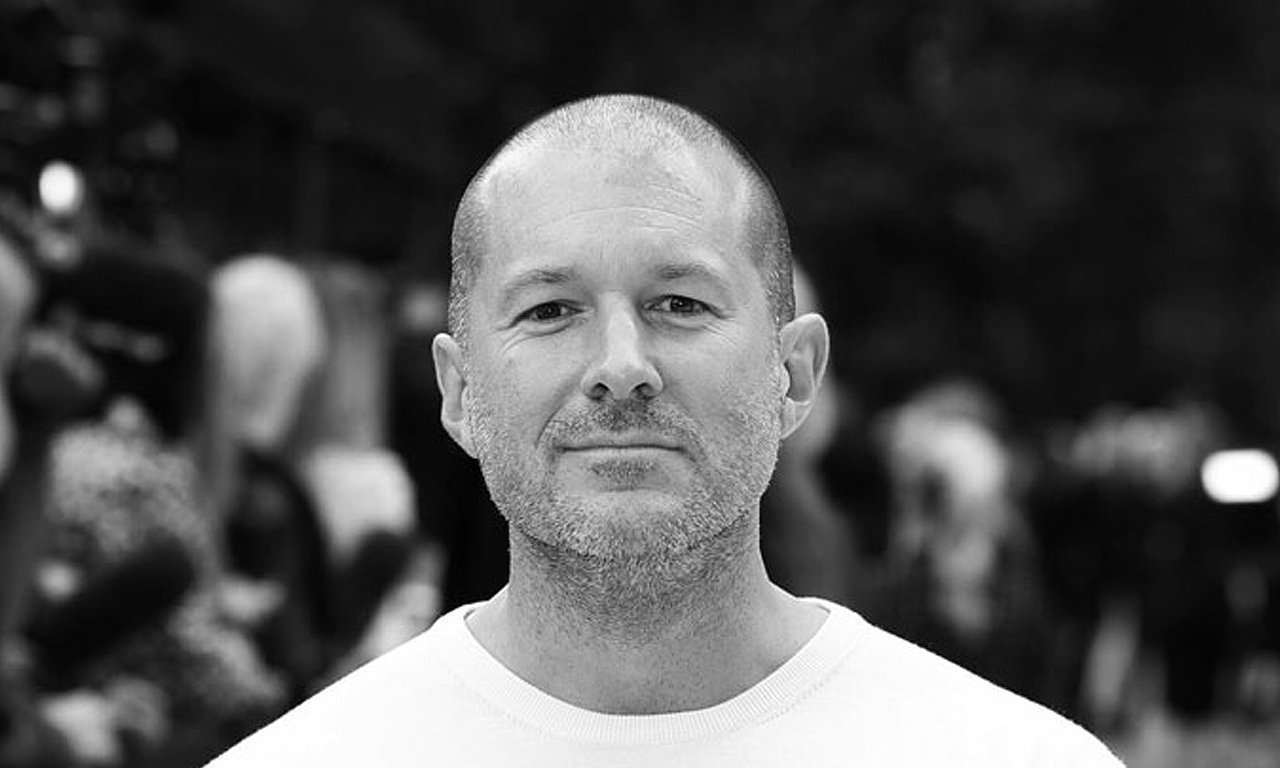Apple CEO Tim Cook is planning to exit Apple within the next ten years. Here are the strongest contenders to be his replacement as chief executive.
Tim Cook’s time at the top of Apple is limited, according to the man himself. In an interview from April 2021, Cook discussed the iPhone maker’s succession plans and confirmed he intended to depart.
“Ten more years? Probably not,” Cook responded to a query of another decade of his governance.
That same year, in August, a report said that the belief inside Apple was that Cook wanted to stick around for one more major new product category, potentially augmented reality glasses. With the launch of the Apple Vision Pro, it’s arguable that the headset meets that particular requirement.
A few years later, in November 2023, Cook updated the talk of his departure, in that there are really multiple succession plans being worked on at the same time. In part because Cook “could step off the wrong curb tomorrow,” the CEO joked. “Hopefully that doesn’t happen.”
When pressed about who would replace him, he didn’t name names but did offer that there was a number of possibilities. “I would say my job is to prepare several people for the ability to succeed,” he hinted.
Furthermore, he admitted he really wants “the person to come from within Apple, the next CEO. And so that’s my role is to make sure that there’s several for the board to pick from.”
Outside of Cook’s comments, there is practically no chance of knowing who exactly will take the position of chief executive until that fateful statement is issued from Apple’s newsroom. At least, not officially.
Whomever the board decides should be the next CEO, it will be selected with great care and an assumption that they will push the company forward. At the same time, due to its size and value, it also needs to be someone who won’t rock the boat for investors either.
There are clear frontrunners for the biggest job in tech. All are selections that can reassure shareholders and consumers alike, and just like Cook, could stick around for quite some time.
Safe Hands: Jeff Williams, Craig Federighi, Greg “Joz” Joswiak
The most obvious choices for the top of the list are those at the top of the company, especially those who have a major hand in steering Apple’s future course.
In his role of Chief Operating Officer, Jeff Williams is in a key position that was previously occupied by Cook himself before he took over from Steve Jobs. It would be plausible that a similar managerial movement could occur, especially considering the role is very pivotal for all of Apple’s work.
Of the group, Williams hasn’t spent the most time at Apple, joining in 1998 and being a key part in the creation of the first iPhone, as well as the Apple Watch.
Counting against Williams is his age. If Cook departed ten years after his declaration, he would be aged 70, and Williams would be 68, making the COO unlikely to have a long tenure at the top.
Another top-man choice could be Craig Federighi, the SVP of Software Engineering. He has helped push Apple’s software forward, with his history going back to NeXT.
Federighi is also one of the big personalities at Apple, with his appearance at Apple events becoming meme-worthy at times. Following the outspoken Jobs and the calm Cook, the board could easily pick someone willing to make a show of things.
The software SVP also benefits from age. Following the same ten-year period for Cook’s departure, Federighi would be 61, which could be a good opening for the executive.
Then there’s Greg “Joz” Jozwiak. The SVP of Worldwide Marketing joined Apple in 1986, was around for the launch of the original iPod, helped make the original iPhone, and has repeatedly appeared at Apple keynotes.
His 30 years of experience in Apple’s marketing department would also be a big bonus for a company so well-known for advertising. However, his Cook-departure age of 66 does put him in the middle ground when considering his potential tenure.
All three of the above could easily fill the slot of CEO, with personalities and experience that would be acceptable to investors and employees alike.
Visible and possible: Eddy Cue and Phil Schiller
Of course, there are far more candidates for CEO than just three, with Eddy Cue and Phil Schiller both capable of doing the same thing. Both have been with the company in high-profile roles since the time of Steve Jobs, but they may be beaten to the post by the top three.
In the case of Cue, the SVP of Internet Software and Services, he has his hands all over Apple’s Services business. This high-level growth center for the company has become one of its most important sources of revenue and is continuing to get even bigger.
As an employee since 1989, Cue has the history behind him, but with a potential age of 66 at Cook’s ten-year departure time, he’s a better choice sooner rather than later.
Schiller also has a similar lengthy history at Apple, with three decades of work on products and marketing at the company. As the man in charge of the App Store and Apple Events, he is also involved in very key elements of the Apple empire.
What Schiller has in his favor is that he’s not an SVP: he’s an Apple Fellow, meaning he has a reduced role within the company. This could be beneficial to Schiller, as it means he could more easily take the CEO role without disrupting the positions of other executives.
Age is a factor, though, and being the same as Cook, that would mean Schiller could be 70 by the time Cook leaves, making his occupancy of the CEO role a bit trickier to justify.
Third tier: Deirdre O’Brien, Johny Srouji, Lisa Jackson, and John Ternus
All four of these names are major players in the executive pack, making them still viable options for the board, but not necessarily the most likely picks for CEO.
Deirdre O’Brien is the SVP of Retail, carrying on the work of renovating and opening new storefronts around the world and managing Apple’s online teams. Managing customers is certainly an important part of why Apple users love the company.
She has also worked for Apple for over 30 years and worked on every Apple product launch since joining. Her experience as the chief of People will also be a benefit when dealing with the army of employees.
Johny Srouji is Apple’s SVP of Hardware Technologies, and has played a pivotal role in creating its silicon and technology engineering teams. The work of his teams has helped make Apple’s products faster, smaller, more power efficient, and with the A-series chips and Apple Silicon, groundbreaking.
He joined in 2008 to help make Apple’s chips, which isn’t much of a tenure compared to others, but his work’s impact on the company certainly counts in his favor.
Lisa Jackson is the VP of Environment, Policy, and Social Initiatives, which doesn’t sound like a natural fit for CEO of the biggest tech company in the world. Joining Apple in 2013 also seems like a short timespan compared to others, possibly too short.
However, having previously served as administrator for the U.S. Environmental Protection Agency before joining Apple, this gives her managerial experience others can’t match. There are also her prominent appearances during Apple presentations, giving her considerable visibility to the public.
Lastly, John Ternus is Apple’s SVP of Hardware Engineering, a position he was moved to in 2021 after previously being VP of Hardware Engineering since 2013. He has been on Apple’s Product Design Team since 2021 and has worked on every generation and model of iPad, as well as iPhone and AirPods.
Ternus benefits from being the defacto face of the Apple Silicon transition, as well as his age. Based on graduating from the University of Pennsylvania in 1997, Ternus is probably in his late 40s, making him one of the youngest candidates who also has considerable time at the company.
Invisibles: Other Apple executives
In many companies, installing a new CEO from a roster of existing SVPs, VPs, and C-level executives would be fairly painless. Everyone at those levels will have proven themselves capable of performing the role in their work, with little effort required to switch metaphorical seats.
One of the problems for the other members of Apple’s leadership is that they aren’t visible enough to be seriously considered for the job at the world’s biggest company. As a major household name where keynotes and product launches are global news, Apple would need a new CEO who ideally would be a known entity, who could easily become a figurehead.
The other real problem is that they can be positions where it seems unlikely that a move would be that useful to the company. For example, it’s hard to imagine Luca Maestri switching from being the financial muscle for Apple to being its main cheerleader, since he is so enmeshed in its accounting.
Likewise for John Giannandrea. His role as SVP of Machine Learning and AI Strategy, and his extensive experience in the field, would arguably be better suited to furthering Apple’s AI and ML goals.
It’s the same story for Katherine Adams who serves as SVP of Legal and Global Security. While high in the corporate chain and with an important role in maintaining IP, litigation, and corporate governance, Adams may be viewed as better in her current role.
Sometimes, a candidate can be ruled out because they’re better off serving the company’s needs where they are than in the CEO’s chair.
Sometimes, they can be ruled out because they are on the way out.
On March 3, a report claimed Dan Riccio, a former SVP of Hardware Engineering, is “nearing retirement” after over 25 years at Apple.
Riccio gave up his SVP role to work on a “special project” in 2021, which turned out to be the Apple Vision Pro. With the headset now released, Riccio is now looking towards arranging his retirement.
He does have an extensive history at Apple, including work on Touch ID, Face ID, iPad, and the move to bring chip design in-house. But with retirement on the cards, it puts a Riccio leadership bid in doubt.
Improbables: Former employees and external candidates
It is highly likely that Apple will opt for someone with a history and who has “lived” Apple for a significant time to take the mantle of CEO. That is especially evident considering Cook’s hope for the next board choice.
However, there’s always the possibility of Apple looking outside the company. Among the six CEOs who preceded Cook were former PepsiCo CEO John Sculley who boosted the company with his marketing skills, and former National Semiconductor CEO Gil Amelio, who served on Apple’s board for two years before taking on the role.
Apple could convince another CEO or a high-level executive with the right skill set to jump into the position to shake up the company. But then again, Apple’s board and investors may not necessarily want to rock the boat too much.
There’s also the possibility of looking to former Apple executives as potential candidates.
Angela Ahrendts, who was previously SVP of Retail, does have the experience of captaining a titan of industry, having previously led Burberry for eight years. But at the same time, she is the same age as Cook, which leads to the role tenure problem.
Then there’s Jony Ive, the famed designer who is synonymous with Apple. However, the circumstances of his departure from the company, and the freedom of running his own design firm LoveFrom, makes a return to Apple doubtful.
Apple’s board may find it is a difficult task to bring someone from the outside in to helm the company. Maybe impossible.
But then again, with so many decent internal candidates available, it could be just as hard to pick the best one for the job.
This story originally appeared on Appleinsider

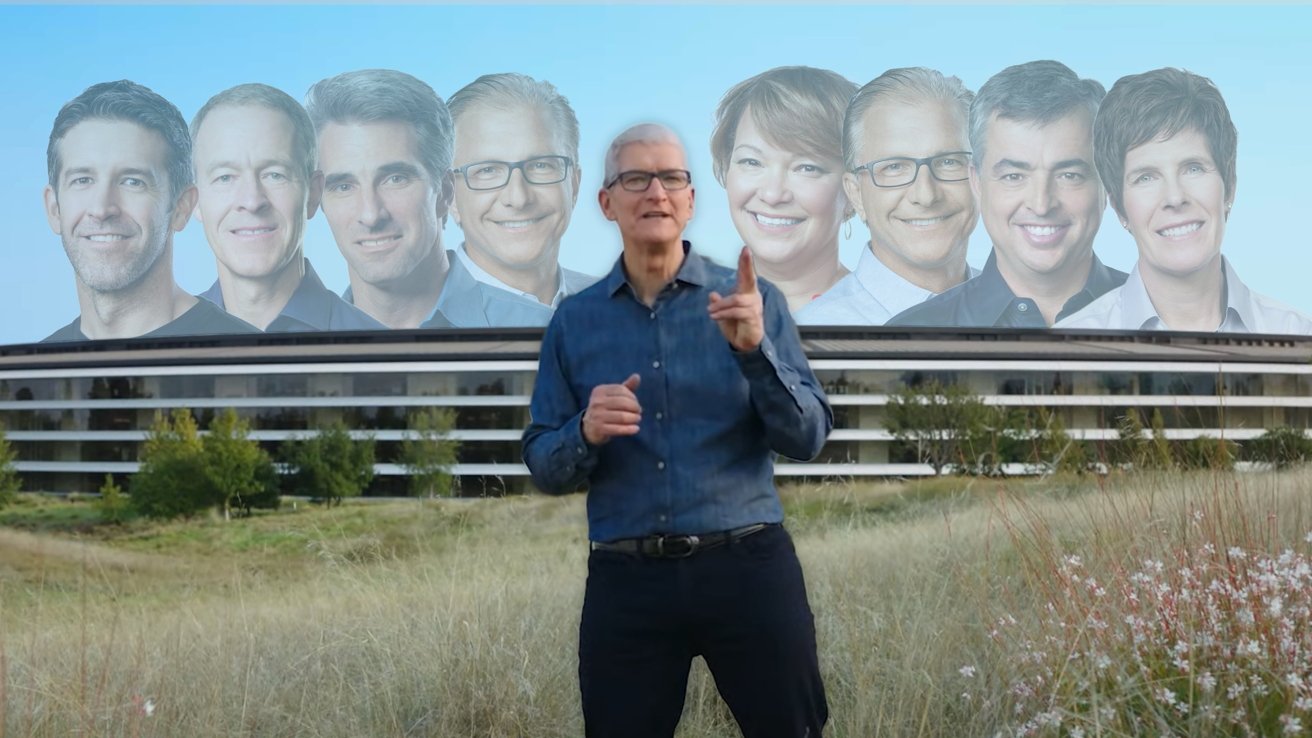
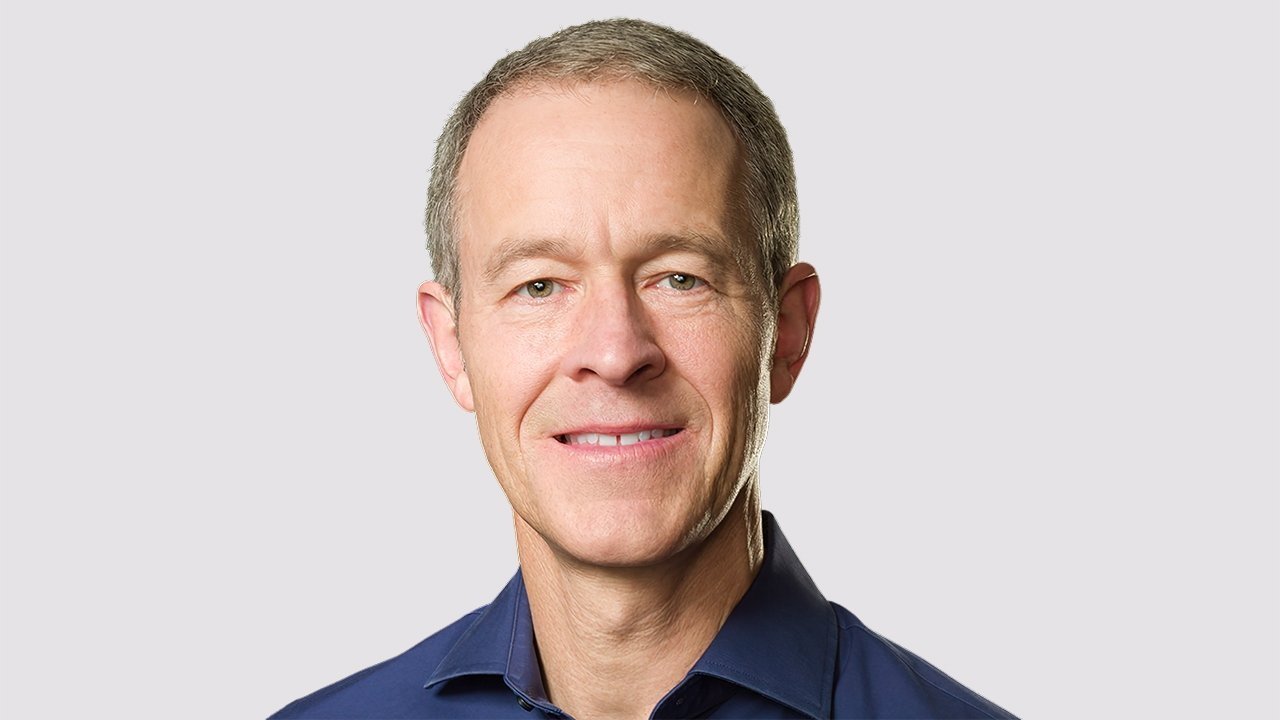
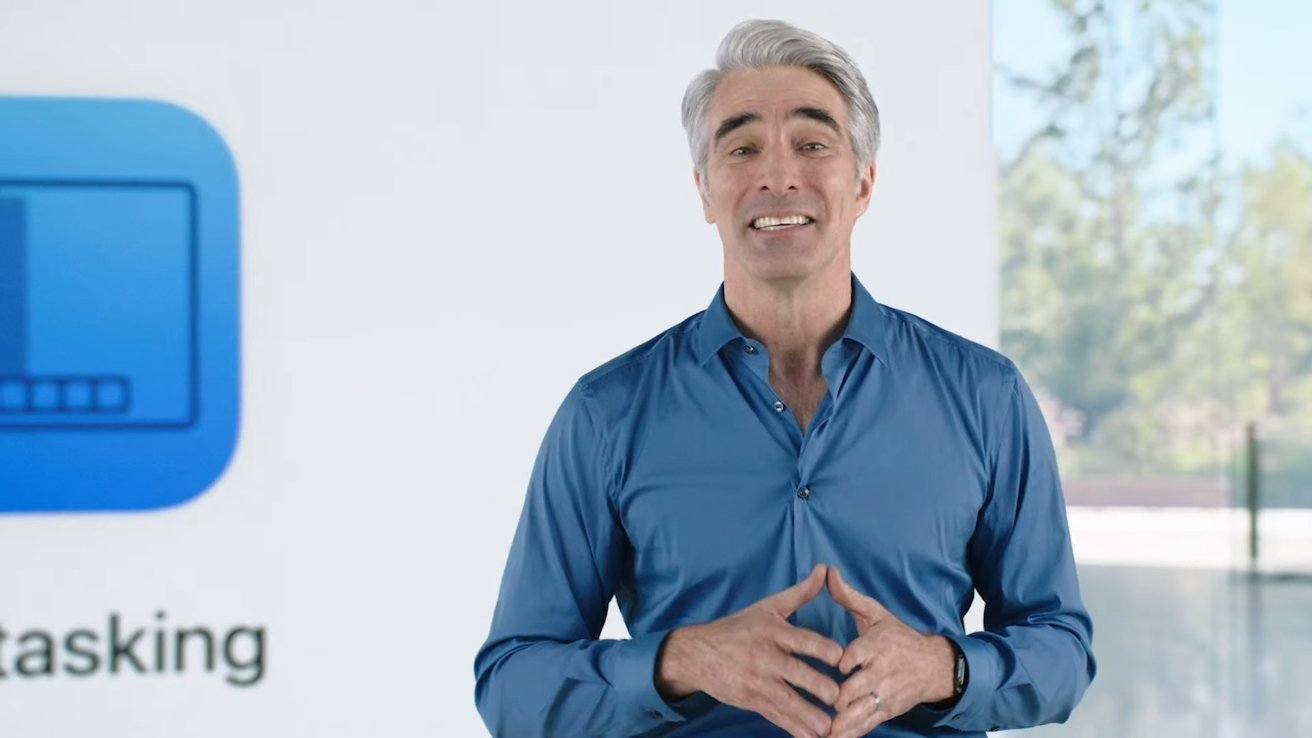
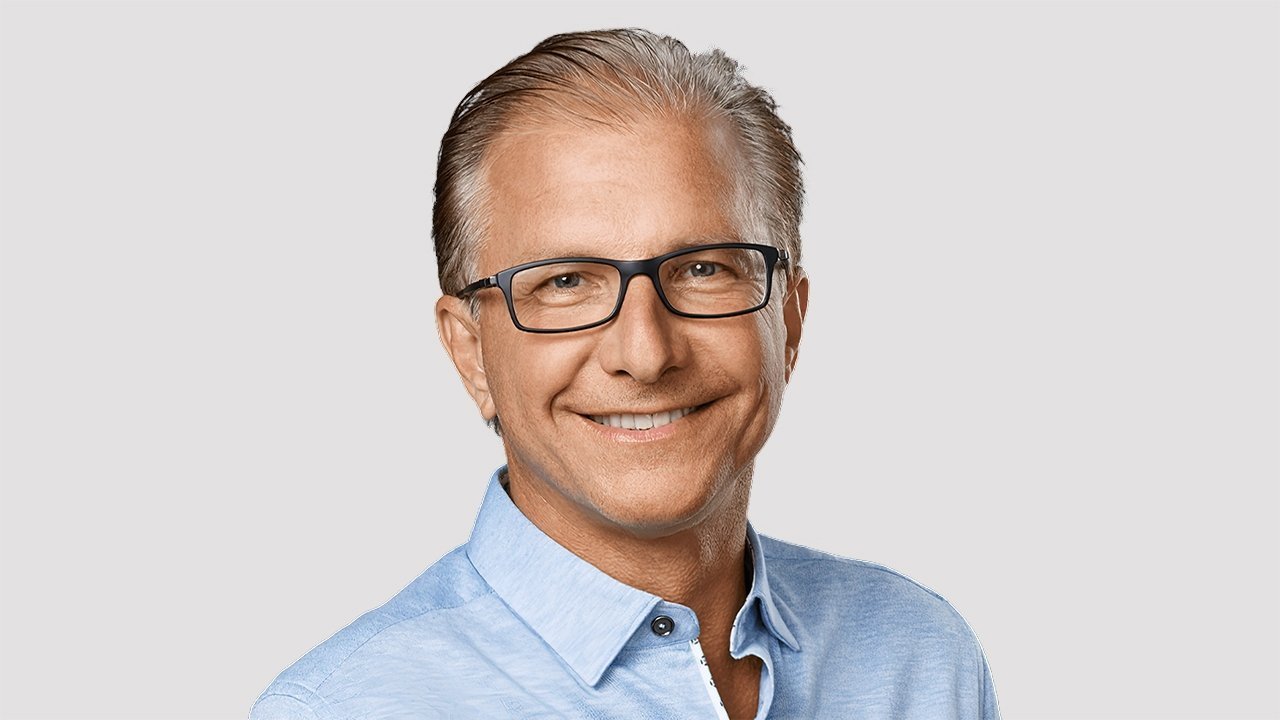
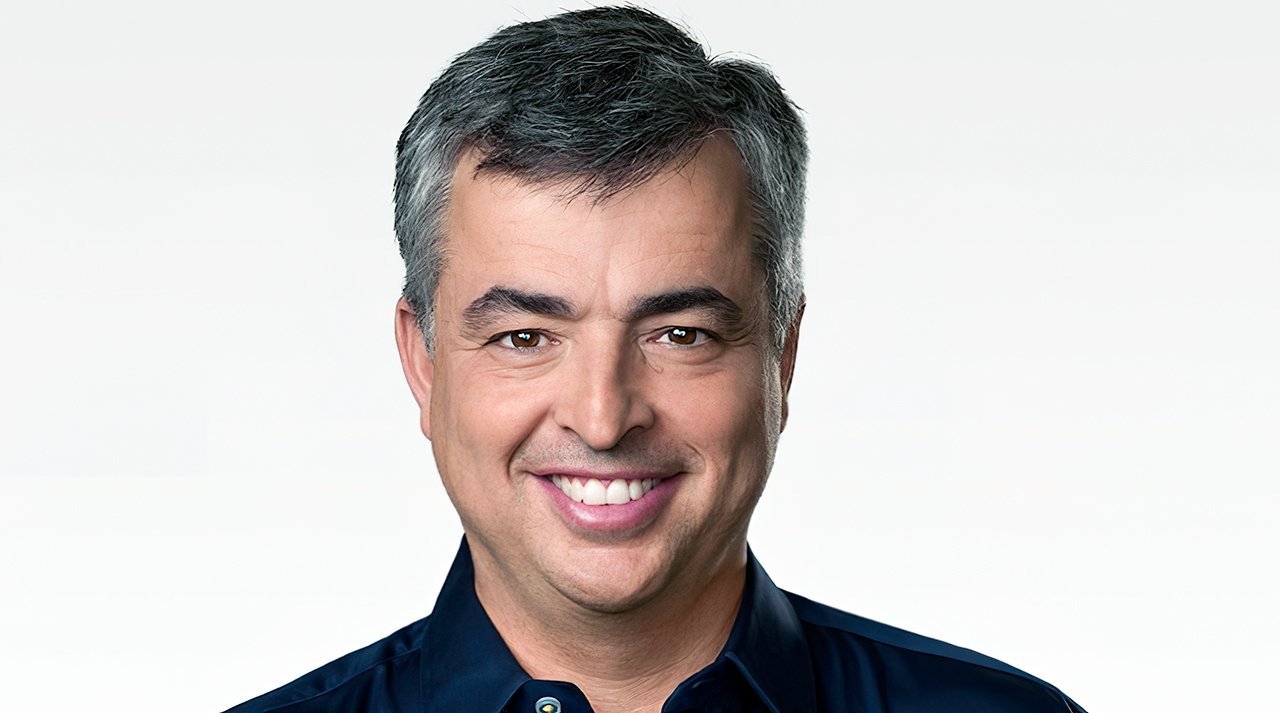
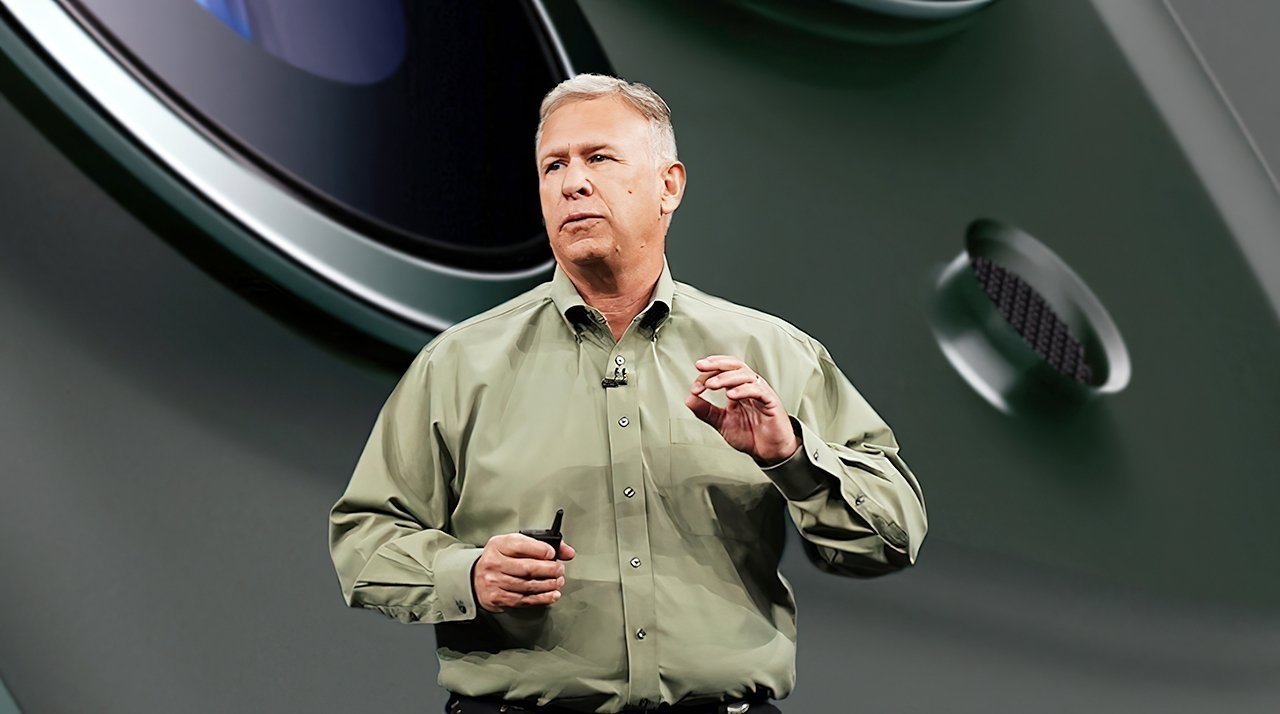
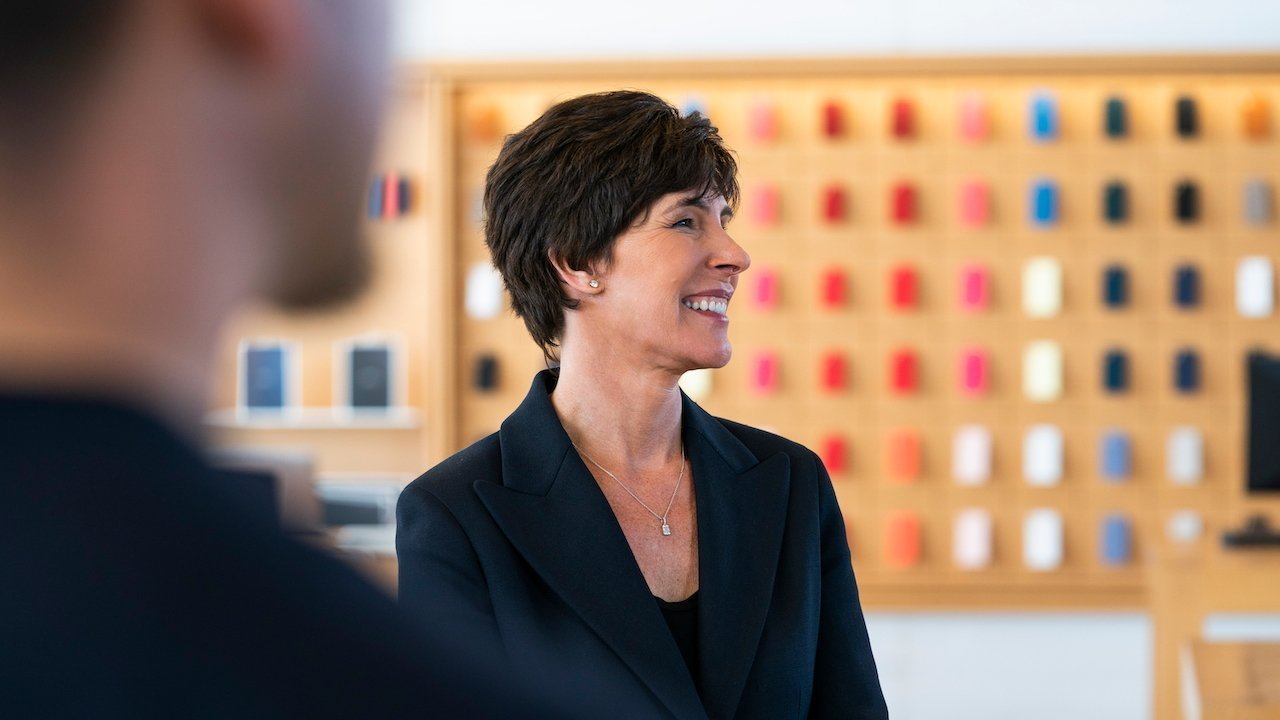
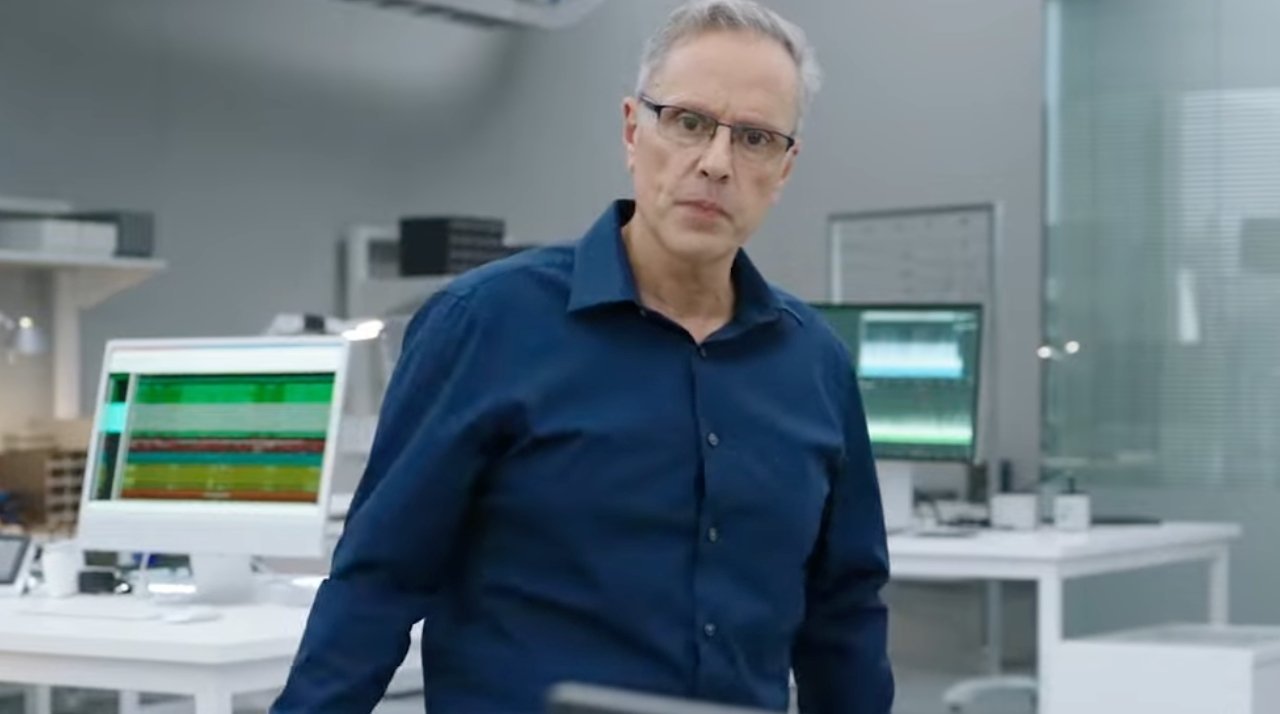
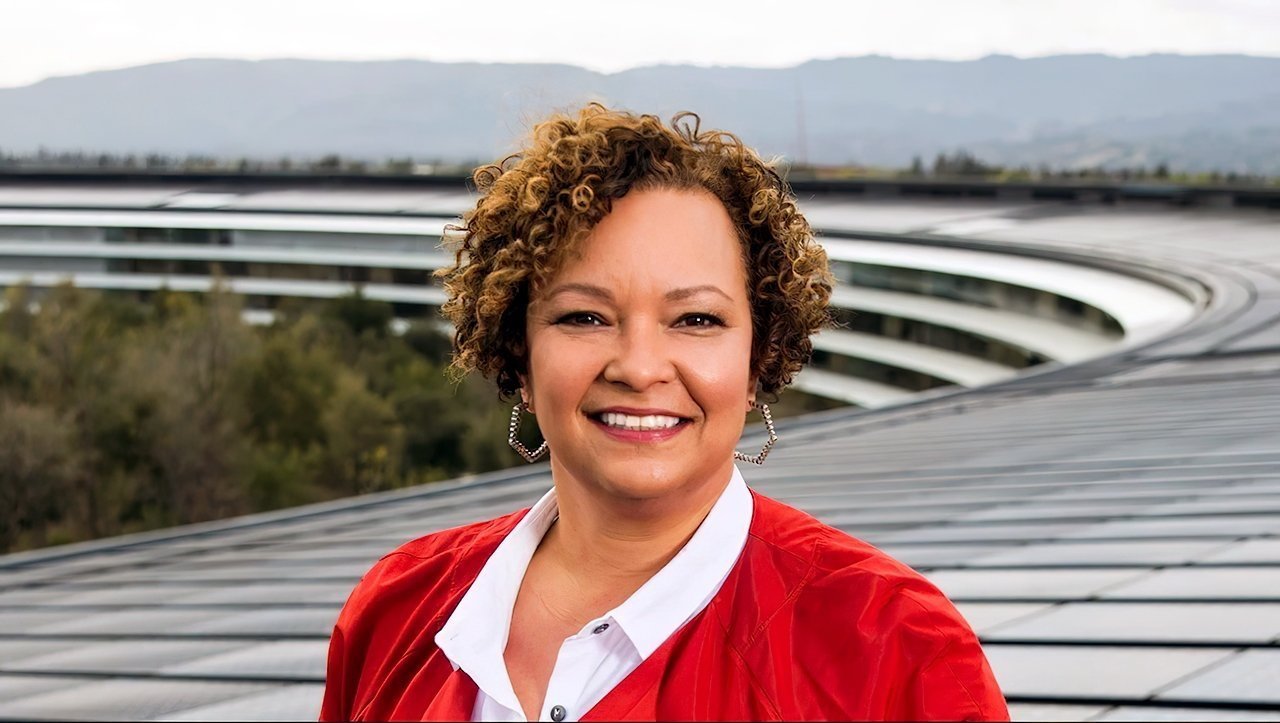
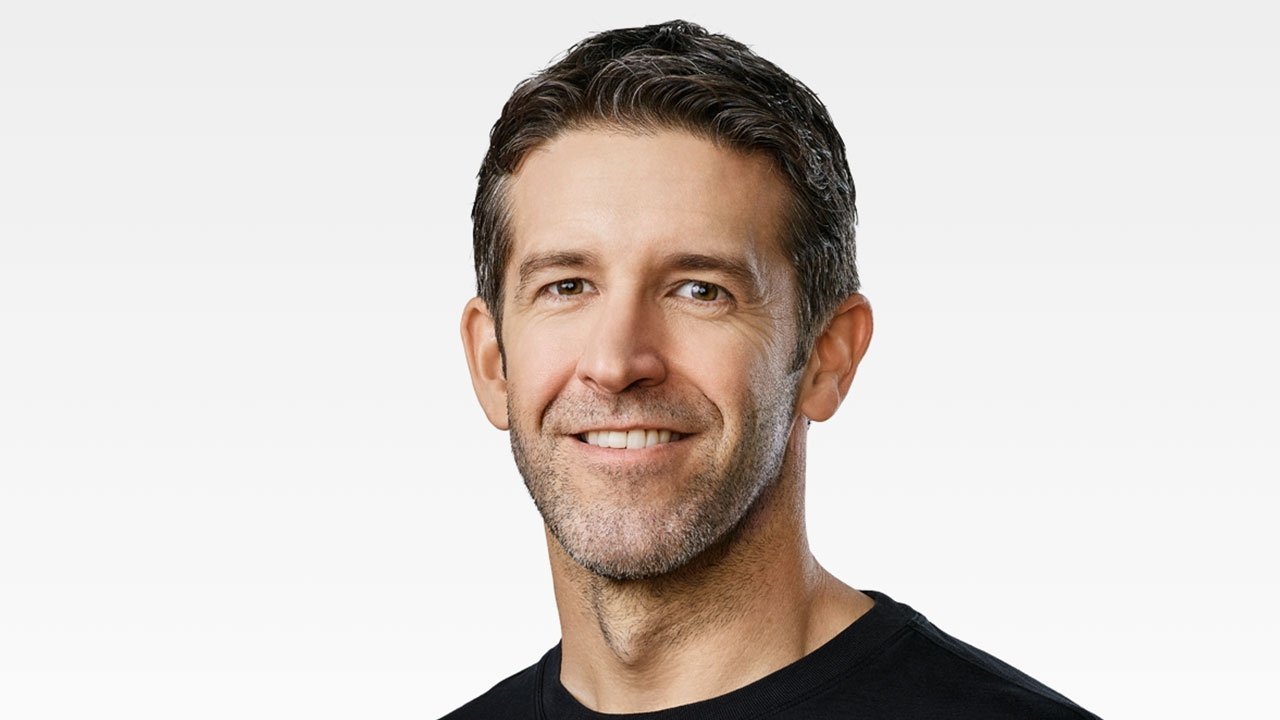
![Apple CFO Luca Maestri [right] is best known from Apple's quarterly results calls.](https://photos5.appleinsider.com/gallery/58802-119867-52602-105100-46657-90964-41127-79590-000-lead-Tim-Cook-earnings-xl-xl-xl-xl.jpg)
